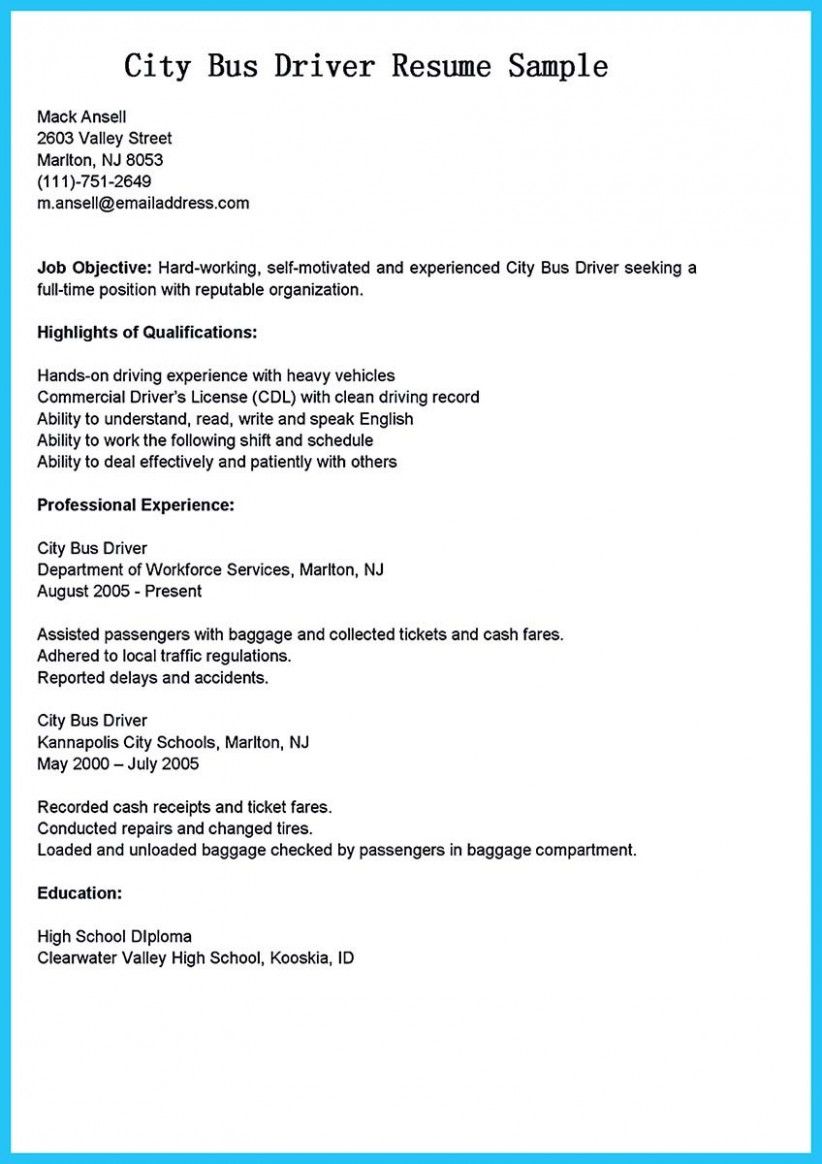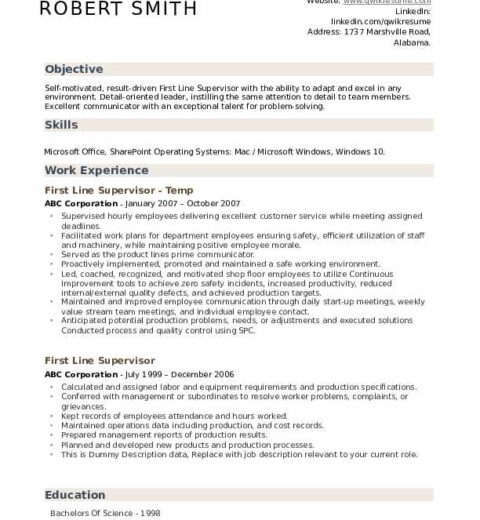The term “résumé” represents a crucial document in the professional landscape, serving as a snapshot of an individual’s skills, experiences, and educational background. This concise summary is often the gateway to employment opportunities. However, a common point of confusion arises surrounding the spelling of the word itself: should it include accents or not? This article delves into the intricacies of spelling “résumé,” explores the significance of accents in language, and clarifies the variations in usage that can impact its interpretation.
To commence, let us dissect the word “résumé.” Originating from the French language, “résumé” (pronounced re-zu-may) translates directly to “summary.” The accents over the letter “e” in “résumé” are not mere embellishments; they serve a functional purpose in conveying the correct pronunciation and meaning. In typographical terms, these accents are known as “diacritics,” which modify the sounds of letters to preserve the nuances of the original language.
In English, the use of accents is somewhat less common, leading to varying practices concerning the spelling of “résumé.” Many individuals and businesses opt for the anglicized spelling, “resume,” omitting the accents altogether. This raises questions about formality, accuracy, and the perception of professionalism. It is critical to consider the audience and context when deciding how to spell this term. In formal documents, applications, and professional correspondence, adhering to the original French spelling “résumé” conveys attention to detail and respect for linguistic conventions.
Now, let’s examine the reasons why one might prioritize the use of accents. First, the traditional spelling aligns with the etymological roots of the word. Using “résumé” signifies an acknowledgment of the cultural and linguistic heritage from which the term derives. This adherence could be particularly important in industries where precision in language is valued, such as academia, law, or international business.
Moreover, the use of accents can enhance clarity and reduce ambiguity. While “resume” may be more widely recognized in casual conversation, the absence of accents could potentially lead to confusion with the verb “to resume,” which means to continue or restart an activity. Such conflation can detract from a polished presentation, especially during crucial job applications where clarity is paramount. Thus, maintaining the original spelling of “résumé” helps delineate professional documents from everyday language.
As we consider the implications of spelling in this context, it is essential to address potential buyer concerns related to resumes in general. Job seekers often worry about how their resumes will be perceived by hiring managers. Will the lack of accents detract from the professionalism of their application? Will employing the correct spelling make a tangible difference in securing an interview? While there is no definitive answer, a well-crafted résumé, complete with correct spelling, punctuation, and grammar, is undoubtedly more likely to stand out in the competitive landscape of job applications.
Furthermore, the shifting trends in resume formats amplify the importance of presentation. Modern resumes are moving towards more visually engaging layouts, incorporating design elements that enhance readability and showcase creativity. In this visual emphasis, the spelling of “résumé” may also fall victim to stylistic preferences. Some candidates may choose a more simplified format, opting for “resume” as a stylistic choice. This can lead to a lack of uniformity across submissions and further complicate the evaluation process by recruiters who may have varying preferences for document presentation.
When contemplating the spelling of “résumé,” it is also worth considering regional variances. In American English, the inclusion of accents is often less common, whereas British English might have a greater inclination to preserve the original French format. This divergence can influence how applicants choose to spell the term based on their geographical context and the expectations of potential employers. Understanding the linguistic conventions pertinent to your specific region is key to tailoring your resume effectively.
Ultimately, choosing how to spell “résumé” boils down to a careful consideration of context, audience, and intent. For those in creative fields, where innovation and a deviation from convention may be appreciated, using “resume” might work without detracting from the overall application. However, in more traditional sectors, the use of the accented “résumé” is advisable to uphold professionalism and demonstrate an appreciation of linguistic accuracy.
In conclusion, the question of whether to spell “résumé” with or without accents is not merely a stylistic choice but is laden with implications for professional presentation. By opting for the original spelling, candidates can enhance the clarity and professionalism of their documents, contributing positively to their job application journey. As the job market continues to evolve, staying attuned to these subtleties can ensure that candidates remain competitive, conveying a well-rounded and polished personal brand through their résumés.




